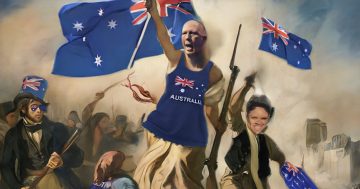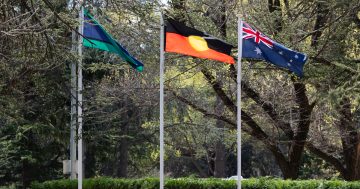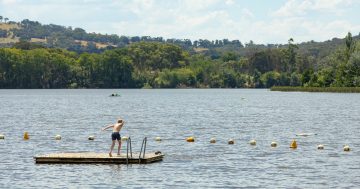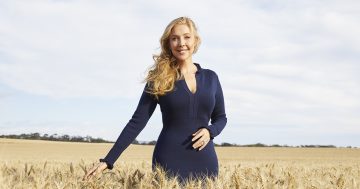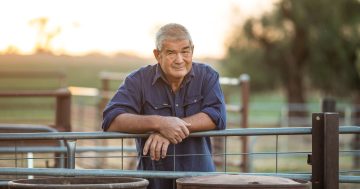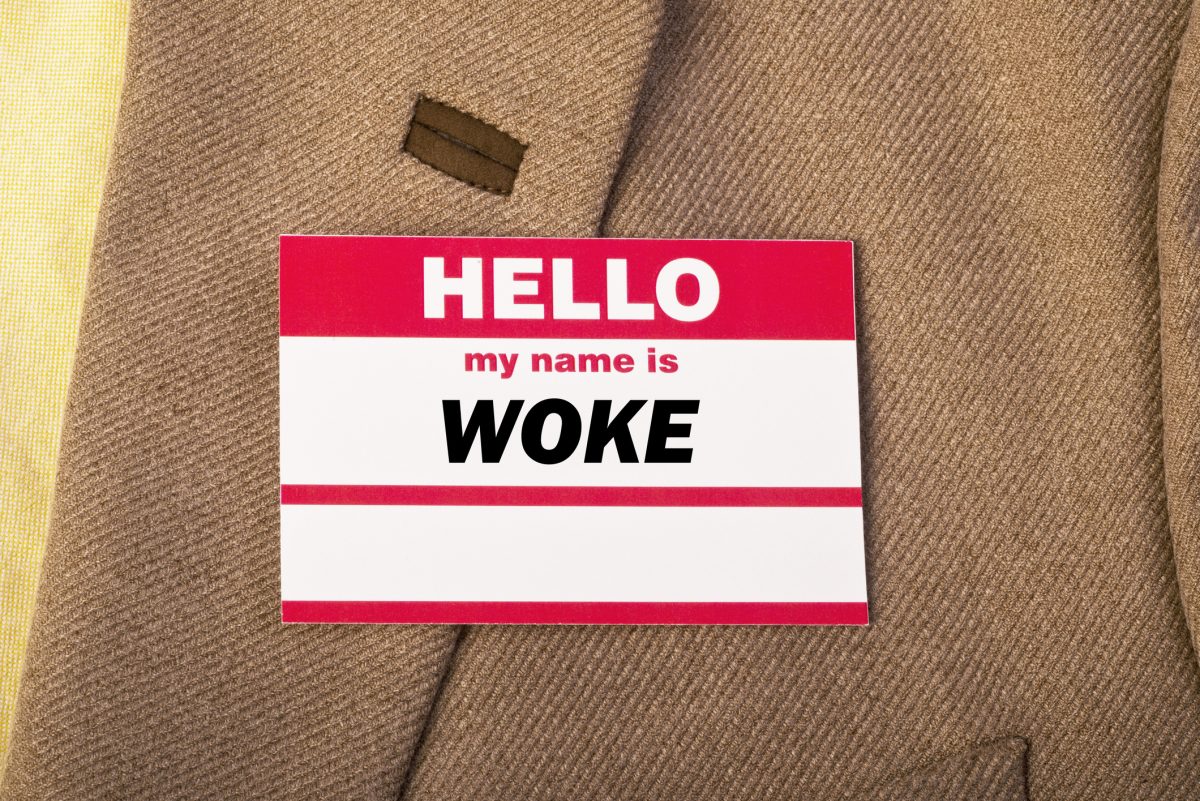
Let’s stop labelling each other! Photo: mj0007.
I’m here to call for a war on ‘woke’ in Australia this January.
By that, I don’t mean we should target those with progressive political leanings, I mean literally, the word ‘woke’.
And while we’re at it, let’s add all the keyboard warrior favourites like racist, fascist, communist, bigot, cultural-Marxist, Nazi, political-correctness-gone-mad and anything that ends with -phobe into the mix.
While there’s a chance that many of you have already been triggered into a state of mindless rage by one or all of the above buzzwords and have written me off as a right/left extremist, I ask you to please, hear me out.
Last week I wrote a response to Peter Dutton’s surprise call for a boycott of supermarket giant Woolies for its “woke” position on Australia Day, rather than for its profiteering at the expense of farmers and shoppers.
It seemed to me that the Opposition Leader was keen to rekindle the anti-woke rage that he was able to generate against the “cultural elites” during the referendum rather than any real affinity for plastic flags or a desire to actually cancel Woolies.
I was hardly stating a position on 26 January, but it seems I struck a nerve and people got personal.
Suddenly, I found that I was being accused of being woke!
There were threats to unsubscribe from Region if it appeared I was going down the path of the “leftist ABC” and, worst of all, I was called an “inner city latte sipper”! A surprising allegation to make against a farm boy from the back of Bourke who now lives in Wagga – but that seems to be where we are with political name-calling.
Godwin’s law of Nazi analogies (or just Godwin’s Law) is an internet meme that asserts that “as an online discussion grows longer, the probability of a comparison involving Nazis or Hitler approaches”.
We’ve all seen it. We may have done it ourselves. As a television producer covering the same-sex marriage plebiscite in 2017, I watched outspoken activists on either side call each other Nazis at the same rally.
Like Nazi, woke has also become a wedge word that derails any attempts at civil discussion.
It rejects nuance, dials the conflict up to 11 and is the intellectual equivalent of covering one’s ears and shouting, “La-la-la, I can’t hear you!” when someone says something we disagree with.
Before you accuse me of targeting one side of the culture war over the other, I would argue that the use of ‘racist’, ‘bigot’ and all the ‘-phobes’ have the same effect and get us nowhere.
Those who choose to wear an Australian flag cape and have a barbie on 26 January are unlikely to do it because they are racist. They enjoy the quirks of being an Aussie and are celebrating all the great things we share in the land down under.
For many migrant families, 26 January marks the day that they officially became citizens and is an anniversary that they mark with pride.
But on the other hand, I have many Aboriginal friends for whom there is real pain, and the lived experience of segregation and marginalisation of recent generations remains raw.
I am a student of history and assert without prejudice that 26 January is anchored in the British colonial foundation of NSW.
It is a fact that on this date in 1788 Arthur Phillip paddled ashore in Sydney Cove, raised the flag and thus declared British sovereignty over the eastern seaboard of the Australian continent.
It marks both the birth of modern Australia and the beginning of a cultural apocalypse for the Indigenous people.
Like Anzac Day, the sense of loss and sacrifice years after the event and the emotions that come with them are real for many First Nations people.
Reflecting on the complexity of what 26 January means for our First Nations mob does not mean you’ve gone woke and hate Australia.
A few years ago, Birpai man and journalist Jack Lattimore reflected on the whole ‘change the date’ debate, by saying that he felt that the date had already changed.
While Australia Day remained anchored on 26 January, his point was that the discussion and debate around colonial history and a deepening appreciation of Australia’s ancient heritage had, in effect, changed the date.
We can be proud of who we are and of our national story while also being inclusive and sensitive to the pain of others without diminishing our identity. Arguably, our identity as Australians is enriched by embracing millennia of pre-colonial history.
History, like the humans that live through it, is complex and nuanced with light and shade, good and bad. We do ourselves a disservice by trying to cast it as black and white (excuse the pun).
There are no doubt some on either side who are aggressively woke, racist or even literal Nazis [*Godwin’s Law does not apply in the case of literal Nazis], but the majority of us are not.
Let’s try to cut out the name-calling and speak and listen with respect. Like it or not, we are all in this together.
Original Article published by Chris Roe on Region Riverina.







